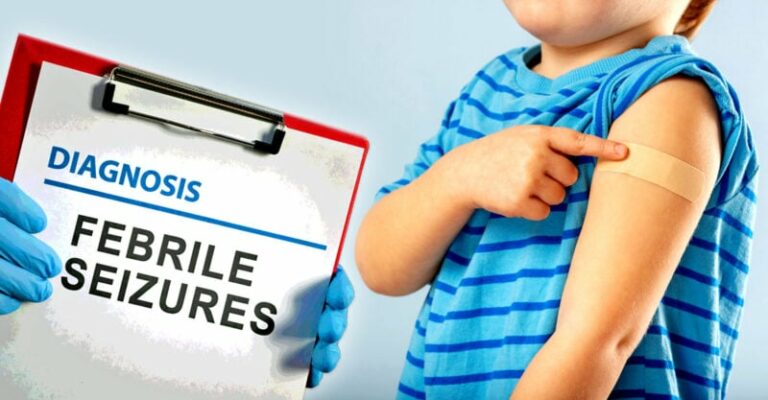Citizens Fight EU Approval Of Gene Tech Experiments Used As Covid-19 Vaccines
Last year, with the fire of the WHO-declared pandemic lit beneath them, the EU Institutions rushed through a series of changes to Community policy on genetically modified organisms (GMOs).
Until 2020, the EU had prided itself on a ‘precautionary’ approach to developments in this controversial science, in accordance with a well-established general principle of the community. In previous decades, a series of regulations were passed to ensure that, before release into the environment, GMO producers would have to convince the EU this was safe. However last year, with the minimum of debate and almost no public consultation, that policy was effectively abandoned.
While the press leads with stories of vaccine production delay and the threat of new variants, doctors have been raising the alarm and, gradually, European citizens are becoming aware of the sudden sea-change. With their expectations that the EU would ensure the genetic integrity of its people as well as its environment dashed by the Parliament’s decision to waive the ‘GMO Regulation’, citizens are now giving voice to their frustration. Groups from France, Belgium, Spain, Luxembourg and Italy are bringing actions before the European General Court (EGC) to try and bring the Institutions to heel and draw attention to the casual disposal of what, until recently, were considered vital protections.
As reported here previously, six NGOs, including Children’s Health Defense Europe, are directly challenging Regulation 2020/1043, which relieved the EU of its own protections vis-à-vis GMOs for the duration of the pandemic. A report from Dr Christian Vélot, a prominent molecular geneticist, warning of the grave dangers to healthy people implicit in this approach, forms part of the pleadings. The six associations share a mission in protecting human and environmental health and warn that the EU, by setting aside these hard-won protections, endangers the health of all citizens.
Meanwhile in Italy, a number of health workers, represented by Dr Renate Holzeisen, have brought an action to annul a decision to release the GMO-based medication, Comirnaty. The EU has compromised their right to bodily integrity, complain the workers. Comirnaty has unknown implications for their health and if they don’t accept this intervention, then they may lose their jobs. The EU has put them between a rock and a hard place, and may have defied its own procedural rules in doing so.
There appears to be broad agreement on the facts, and so one must wonder how has the EU come to act in this fashion. The Community has argued that these changes have been necessitated by the pandemic. The importance of creating a ‘vaccine’ to combat Covid-19 outweighed the interests of citizens in a proper institutional assessment of GMOs.
However, it is hotly contested in Dr Holzeisen’s submissions that Covid-19 is sufficiently serious to merit this approach. According to the calculations of the renowned Prof. Ioannidis of Stanford University, the death rate is similar to that of a flu. How can it be said, then, that a different approach to GMOs is needed as a result of this virus, when that was never the case with the flu?
Given the lack of evidence around Covid-19’s lethality, one must wonder why the Institutions set aside democracy, committed to such massive costs, and cloaked their decisions from the public. What is the risk of following procedures with which we tackled the many crises of the past; social, economic and environmental? Is the threshold for the abandonment of democratic tradition so low; are EU procedures so poorly designed?
Compounding the opacity of the EU’s chosen path is a possible lack of honesty. While scientists such as Dr Vélot would traditionally define a vaccine as something that stimulates immune defence through voluntary exposure to an infectious agent (in an attenuated or inactivated form), or to a part of it (called an antigen), the new GMO-based technology originally designed for cancer treatment works by directly interfering with a patient’s DNA mechanism. Directive 2001/83 on the Community code relating to medicinal products for human use (as amended here) defines gene therapy as a product containing ‘…recombinant nucleic acid used … with a view to regulating, repairing, replacing, adding or deleting a genetic sequence.’ Therefore, Dr Holzeisen in her action argues that Comirnaty should not be considered a vaccine under European law, but rather gene therapy. Directive 2011/83 makes an exception for vaccines, but why only these? Is this proper given the risks involved, bearing in mind that ‘exposure’, as in the traditional definition, may no longer be considered voluntary?
Even the efficacy of these products is in question, whether treating the virus in its current form, or future variants. This creates a particular logical difficulty when authorities insist on the vaccination of children and also flaunt the notion of vaccine passports. Meanwhile, other, less controversial treatments remain overlooked.
Finally, if the Institutions have their way, and this GMO-based intervention is widely adopted, without having been properly scrutinised, under contracts which have been kept largely secret, it is not clear who will be accountable for the damage. What if, as some argue is already happening, there are immediate, perhaps fatal implications for citizens? What if we cause as-yet-unforeseeable damage to the genetic make-up of our society? And by hastily abandoning the safeguards we voted for in view of these dangers, what potentially irreversible damage have we done to European democratic tradition?
We may hope these actions receive a good hearing at the EGC. According to Dr Vélot, such is the scale of disaster that could befall us without proper assessment of this new technology, that no urgency could have excused the abandonment of the precautionary principle. Perhaps the judges will find someone who can be held accountable for any tragic outcomes—a prospect which, to some citizens, already seems very real.
Suggest a correction







